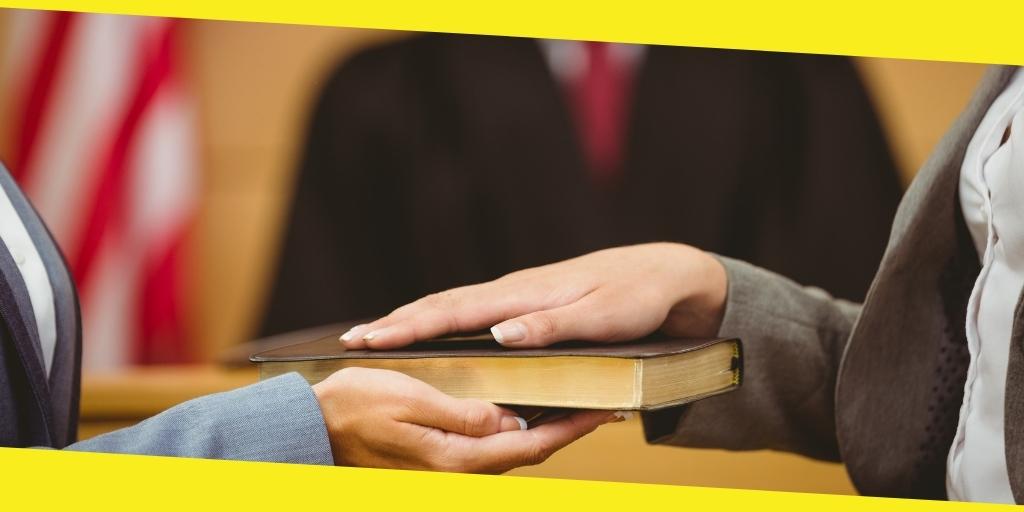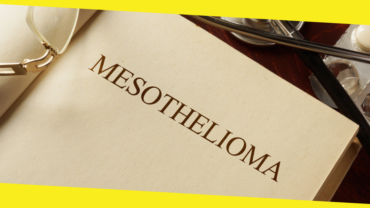How to Testify as an Expert Witness

Testifying in court can feel stressful and come with uncertainty, particularly when testifying as an expert witness for the first time. The very nature of an expert witness requires confidence, and any uncertainty may make decision-makers question the validity of your assertions. It’s very important that an expert witness appear comfortable with the subject matter and information and focused on the job at hand. What are the best ways for witnesses to do that, and how can your legal team help? Here are some of the most important points to consider when preparing to testify as an expert witness.
Know What Law Firms and Legal Teams Look For
Anyone testifying as an expert witness should be aware of what a legal team or a law firm is looking for. That way they can tailor what they offer to fit with those requirements and expectations. That doesn’t mean an expert should inflate what they know, or what they can and can’t provide. However, they can certainly become aware of what law firms expect from their expert witnesses. If there are characteristics that would best position an expert witness in a specific case, they can personally work to improve.
For example, many legal teams and law firms are looking for much more than just someone who has a lot of knowledge about a particular topic. It’s vital that the experts “know their stuff,” but that’s generally not going to be enough for a jury to feel confident. The jury needs to like and trust the expert witness, and also needs to feel as though that witness is credible and focused. If those components of testimony are missing, the jury may discount much of what the expert has to say, even if the information is very valuable and factual.
Make Sure Experience Matches the Requirements
It should go without saying that expert witnesses need to actually be experts in the area they’re discussing. A police officer may be a good expert on the law, but only if they work with the kinds of cases they’re being asked to be witnesses for. Someone who works in a law enforcement capacity and has a desk job may not be the right person to provide expert testimony on what it’s like to work out on the streets, behind the wheel of a patrol car, or on a motorcycle. Matching up with the right expert is extremely valuable.
Additionally, the wrong fit can be problematic in other ways. A scientist often has a very narrow focus or area where they study, as does an educator, a mental health professional, or other types of medical or legal professionals. Asking a cardiologist about a brain injury isn’t helpful and won’t get the jury thinking that a person is an expert. For those who are asked to testify as expert witnesses, making sure they match the requirements for a true expert in the case is the first step toward the desired, positive outcome.
Presence Matters in the Courtroom
According to William McFarlane, a top litigator at William McFarlane law located in Coral Springs, Florida, who frequently represents insurance firms, “An expert witness isn’t just someone with subject-matter experience. These witnesses also need to have credibility and presence on the stand in order to provide a legal team with an increased chance of winning a particular case.”
There are countless people who know a lot about a particular subject, but a quality expert witness requires more than knowledge. How they appear to others is a significant factor in their credibility. That appearance can have the potential to make or break a case based on the believability of their testimony.
An expert witness who has a commanding presence is someone a jury can rely on. By working on that kind of presence and having confidence in a particular subject, expert witnesses are more likely to be met with successful outcomes. For example, Florida’s SB54 motor vehicle law probably isn’t known by many, but if a witness is needed, then a law professor would be a better candidate compared to an insurance agent. While some naturally have a more compelling courtroom presence than others, there are strategies to improve presence and present the expert testimony required of you on the stand.
Likable Experts Can Mean Better Case Outcomes
If someone is a likable person as well as an expert in a specific subject matter, they may make a better expert witness. Why? Because the jury needs to like and relate to the expert witness in order to take what they have to say seriously. If the person isn’t likable and doesn’t provide the jury with a feeling of comfort, what they have to say may not be well-received. Some of the best experts may not be the most friendly or may not have a good presence on the stand, and their testimony may suffer.
Finding an expert witness who can connect with the jury and knowledgeably represent the subject matter is the sweet spot for expert witness testimony. It’s these expert witnesses who law firms and legal teams seek out to assist in cases. As a prospective expert witness, considering what attorneys need and want is a vital first step to providing law firms with what they need to increase their likelihood of success in their cases.
If you want to become an expert witness, reaching out to law firms and legal teams in your area can get you on their list. You’ll need to provide them with information about your credentials and may find that you’re a great fit for this important type of work.
Recommended For You
What To Ask A Law Firm Who Deals With Mesothelioma Claims
Most Inside
Most Inside offers high-quality recommendations and valuable updates to enhance all aspects of your life, providing premium guidance and enriching experiences.




